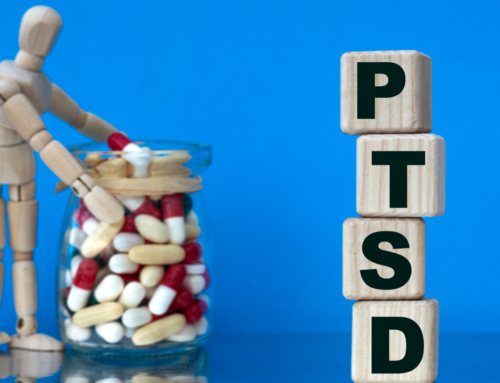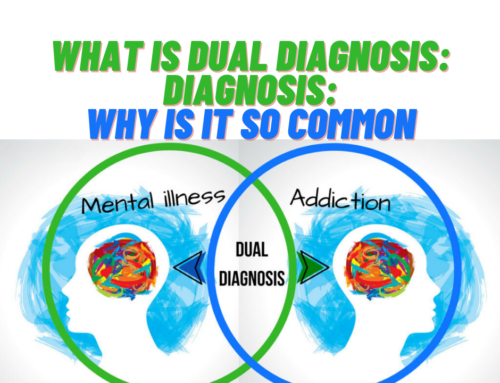When someone you love is trying to maintain their sobriety, it can be a delicate situation. You most likely want to be supportive and ensure you don’t do anything that can jeopardize their sobriety. So, what are some ways you can make things easier for someone newly sober? The path to sobriety may not be an easy one, but it’s possible to accomplish anything when you work together as a team.
Educate Yourself About Addiction
People may only know about addiction based on what they have seen on television; however, this information is not always accurate. There are common misconceptions that addiction is a character flaw, and if someone wanted to stop using drugs or alcohol, they just would. The truth is that addiction is a brain disease based on genetic and environmental factors. When someone struggles with addiction, the structure of the brain changes that can lead to:
- Cravings
- Doing things that are out of character
- Only feeling joy from substances
No one plans on developing an addiction when they experiment with drugs or alcohol, but the brain becomes chemically altered to crave substances consistently. Learning about the disease of addiction can help you see your loved one with more empathy and compassion; however, this does not mean you need to put up with behavior that harms you.
Do Not Use Drugs or Alcohol Around Someone in Recovery
When someone is in recovery, you can put their sobriety in jeopardy when you drink or do drugs in front of them, even if you do not have an addiction. In the beginning stages of recovery, it may be too hard for your loved one to handle watching someone drink or do drugs; it can lead to cravings and temptation. Not drinking or using drugs in front of your friend or family member shows that you are there to support them.
Be There For Them Even if They Relapse
Addiction is a disease, which means there may be a relapse along the way. Relapse is not inevitable, but it is not the end of the recovery journey if it does happen. If your loved one has experienced a relapse, express concern instead of accusing them. Let them know you are worried about them and want to know if they are having a hard time. Your loved one may not want to admit they relapsed because of fear of being seen as a failure. However, relapse is not a failure, and those struggling with addiction need compassion.
Recovery can be challenging at times, and as a loved one of someone recovering from addiction, you may want to be there to support them. It is crucial that you let this person know you are not here to judge but only to help them. At Alta Loma, we believe in the power of support to keep sobriety going, and we are here to help you. Our transformative treatment center in Georgetown, Texas, can provide you with individualized therapy, 12-Step programs, therapeutic recreational activities, coping skills education, family treatment, and more. Give us a call at (866) 457-3843 for more information.



